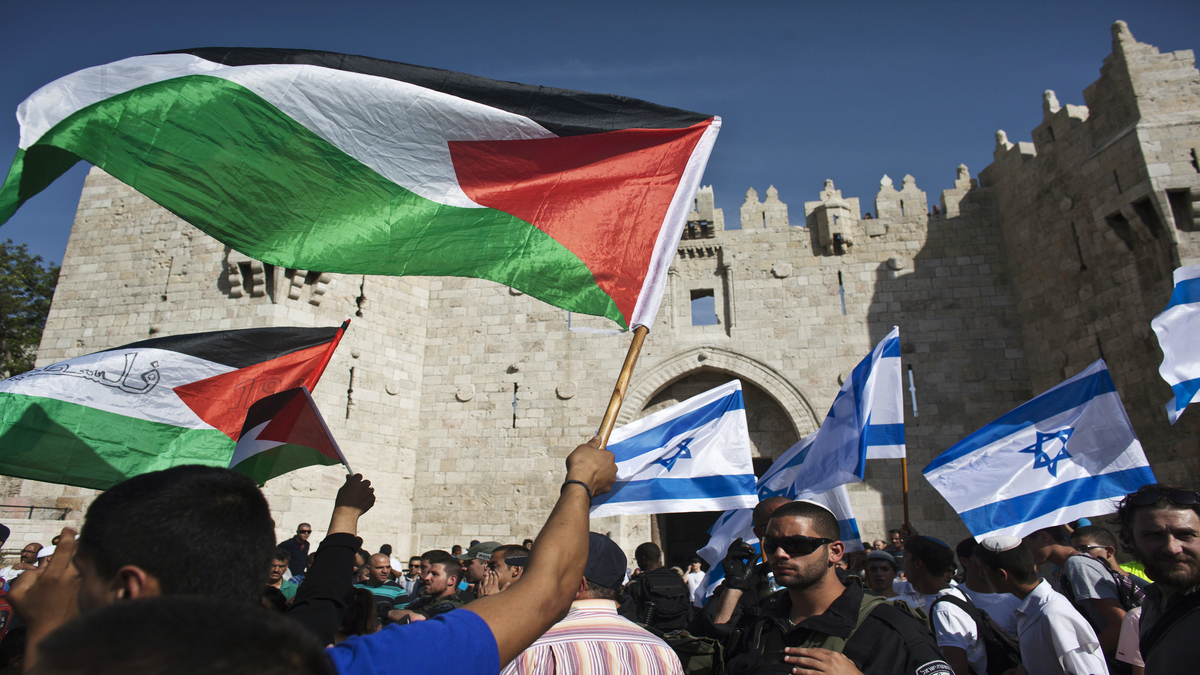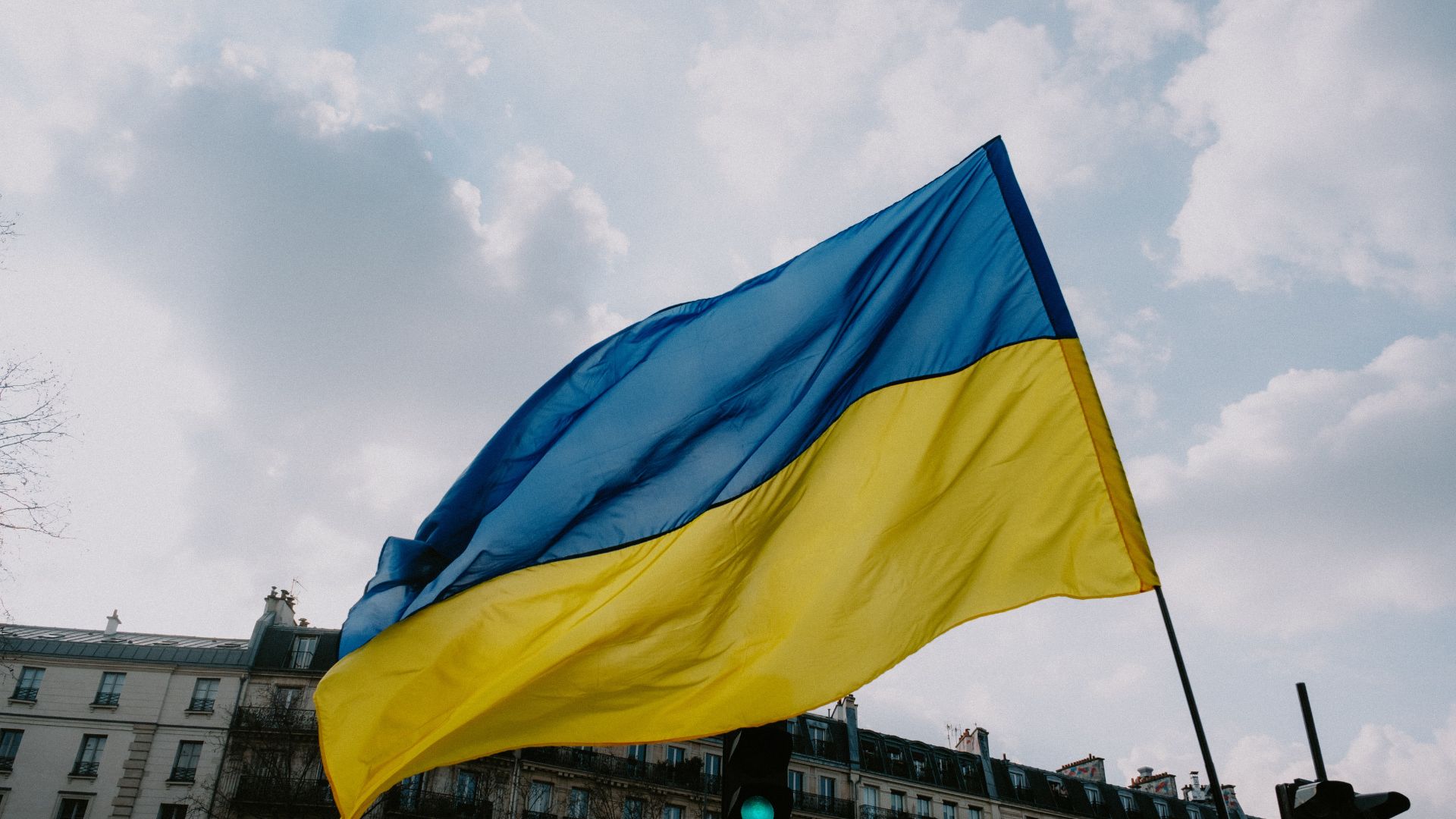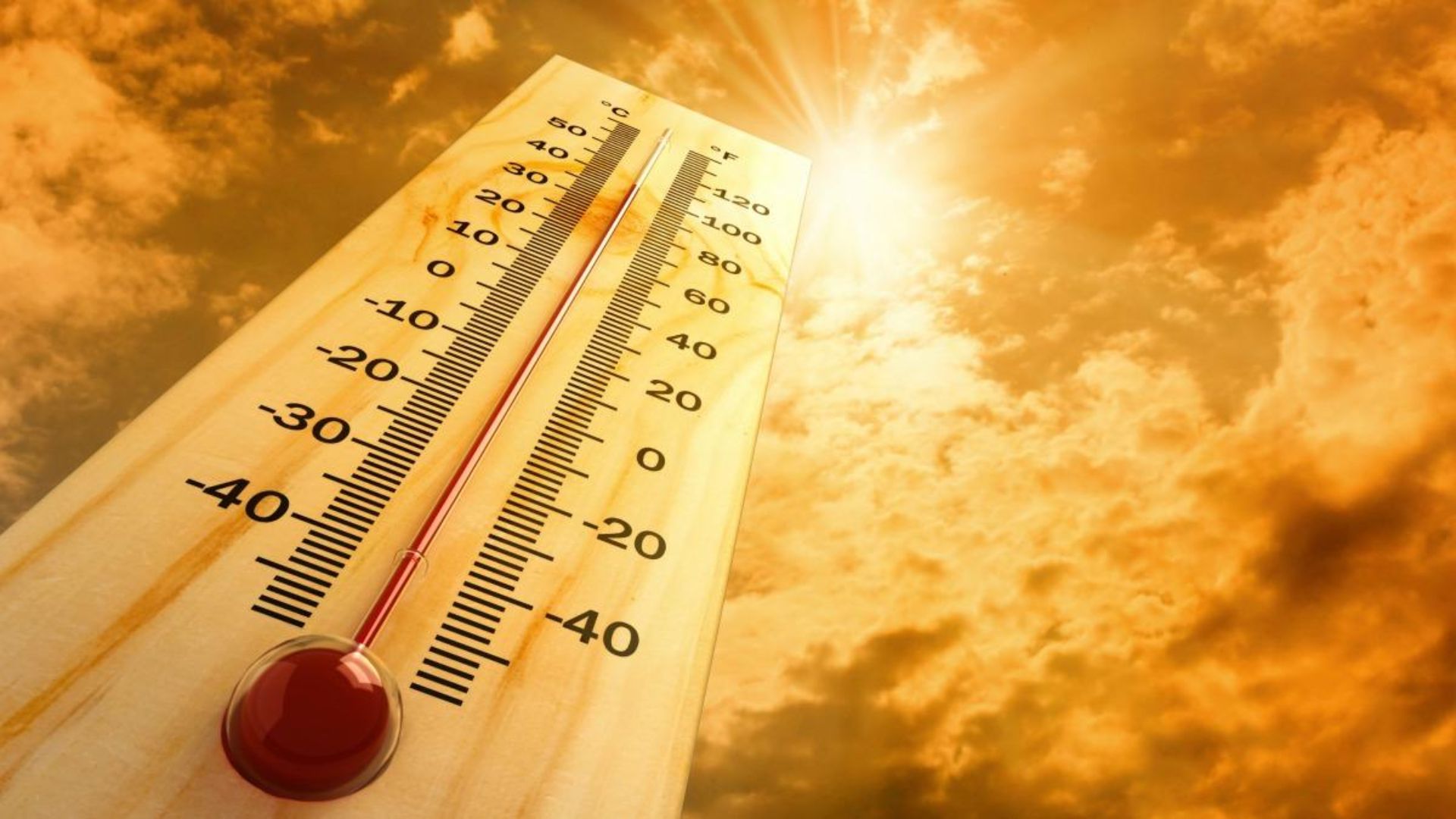


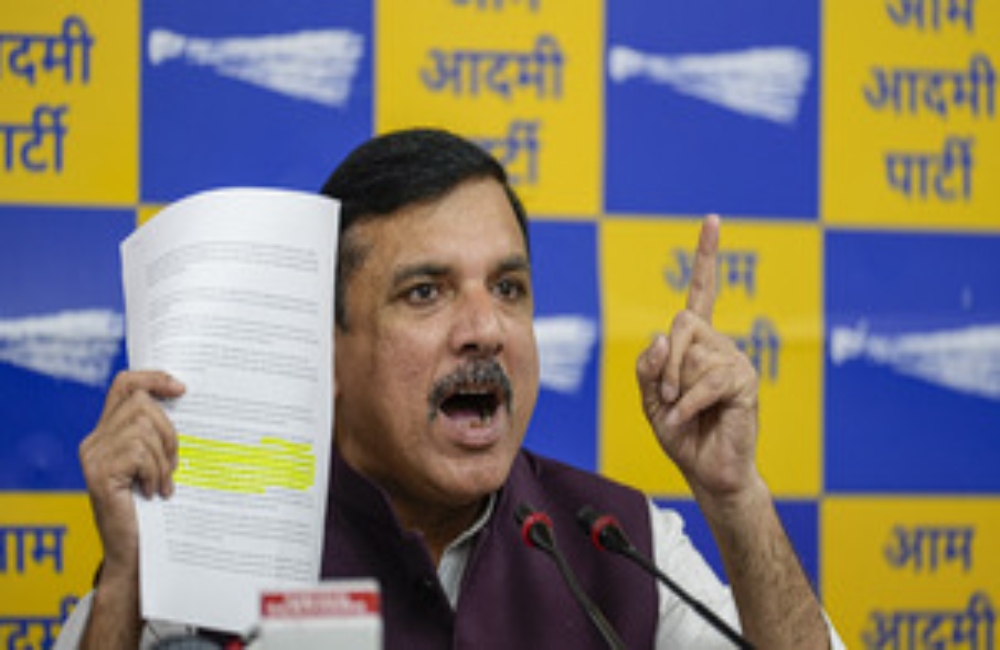
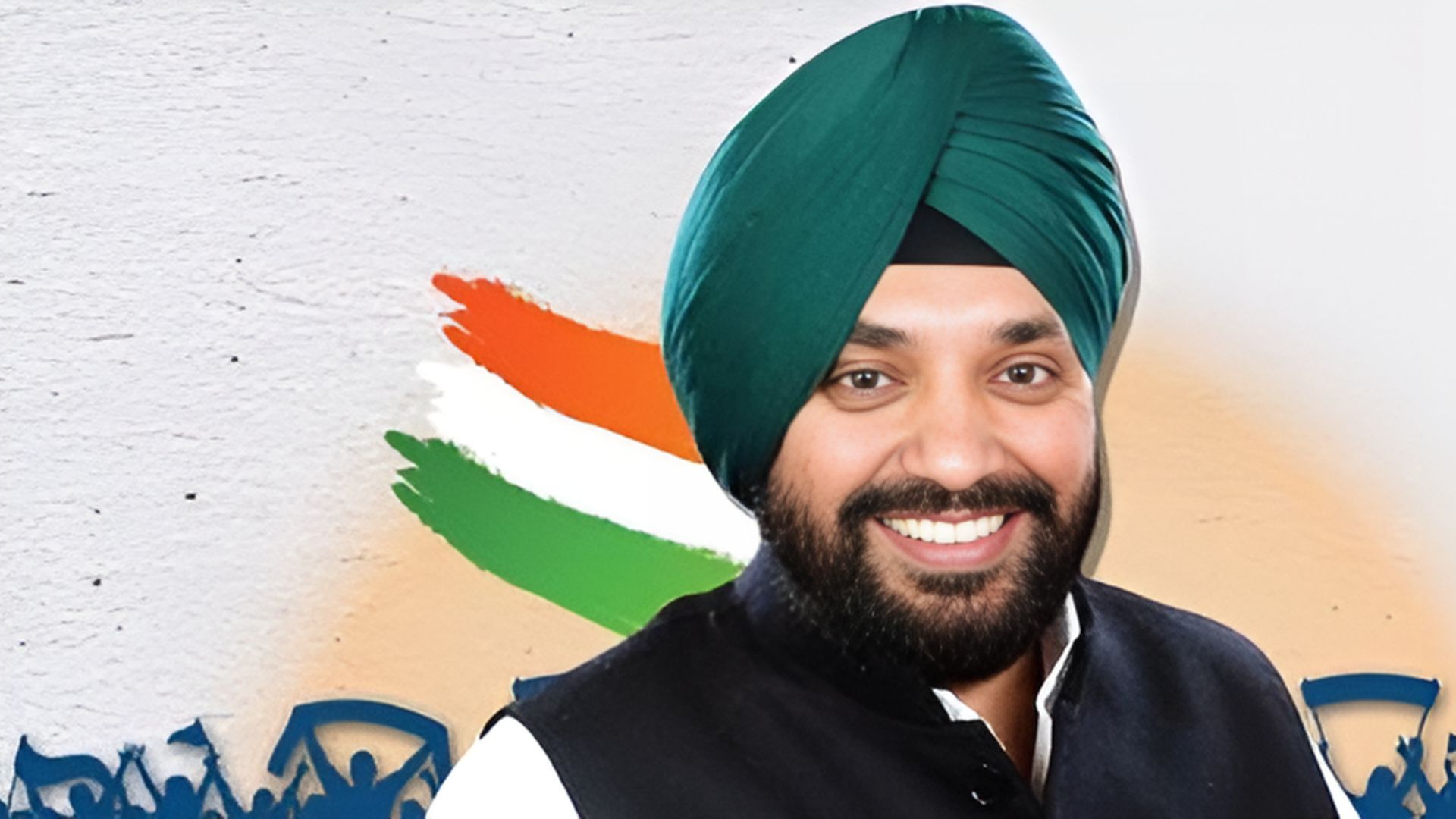
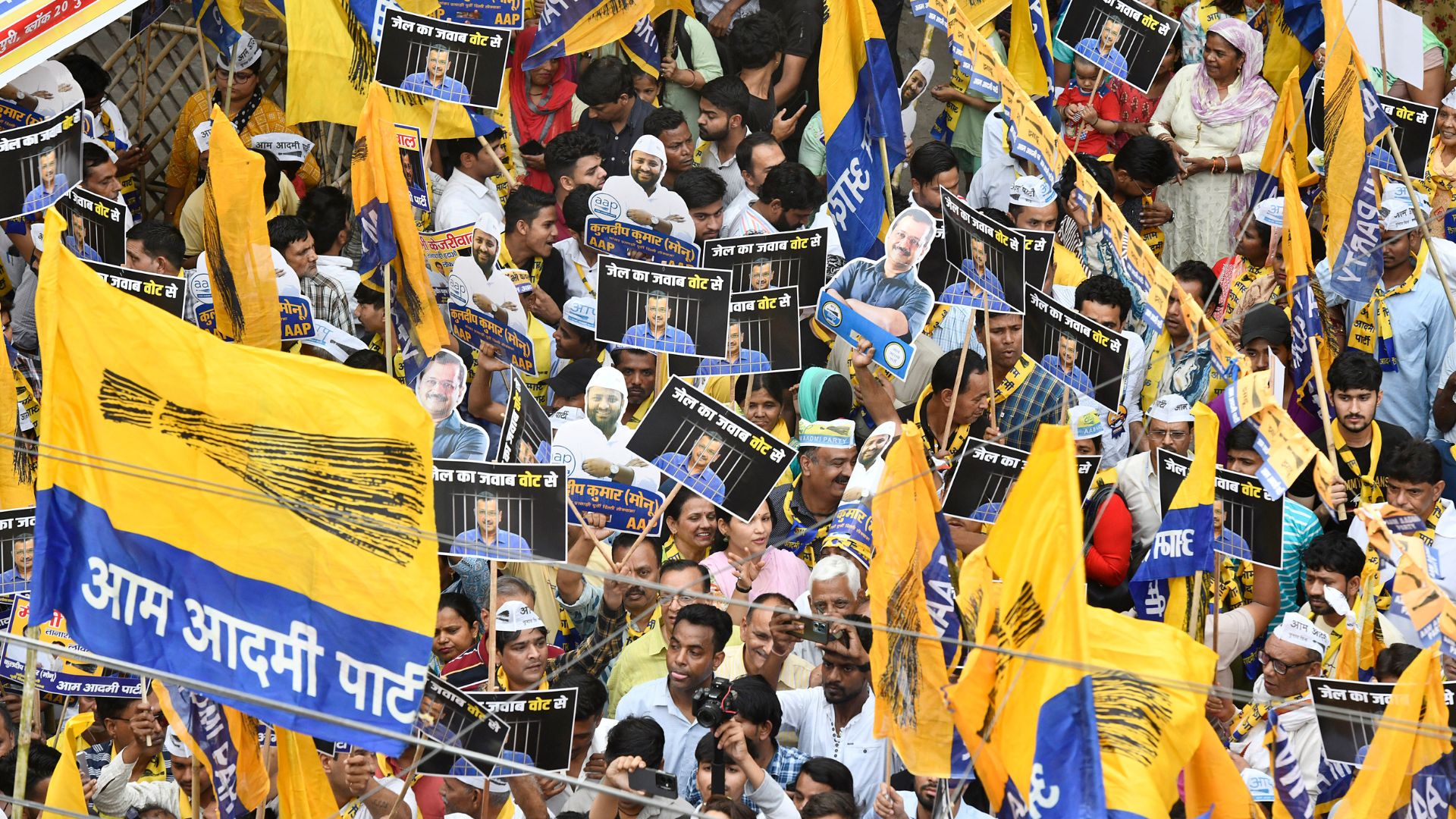

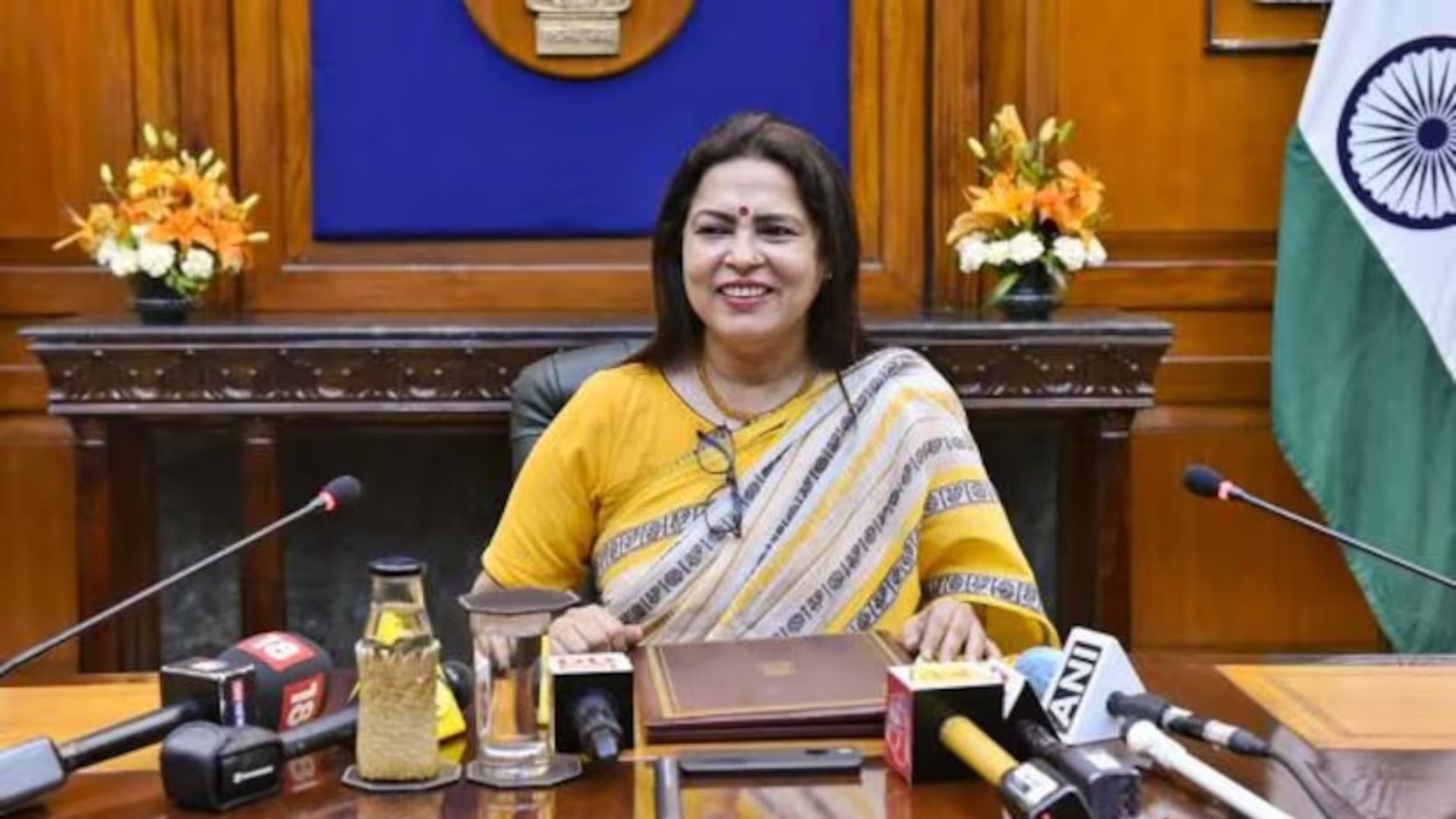
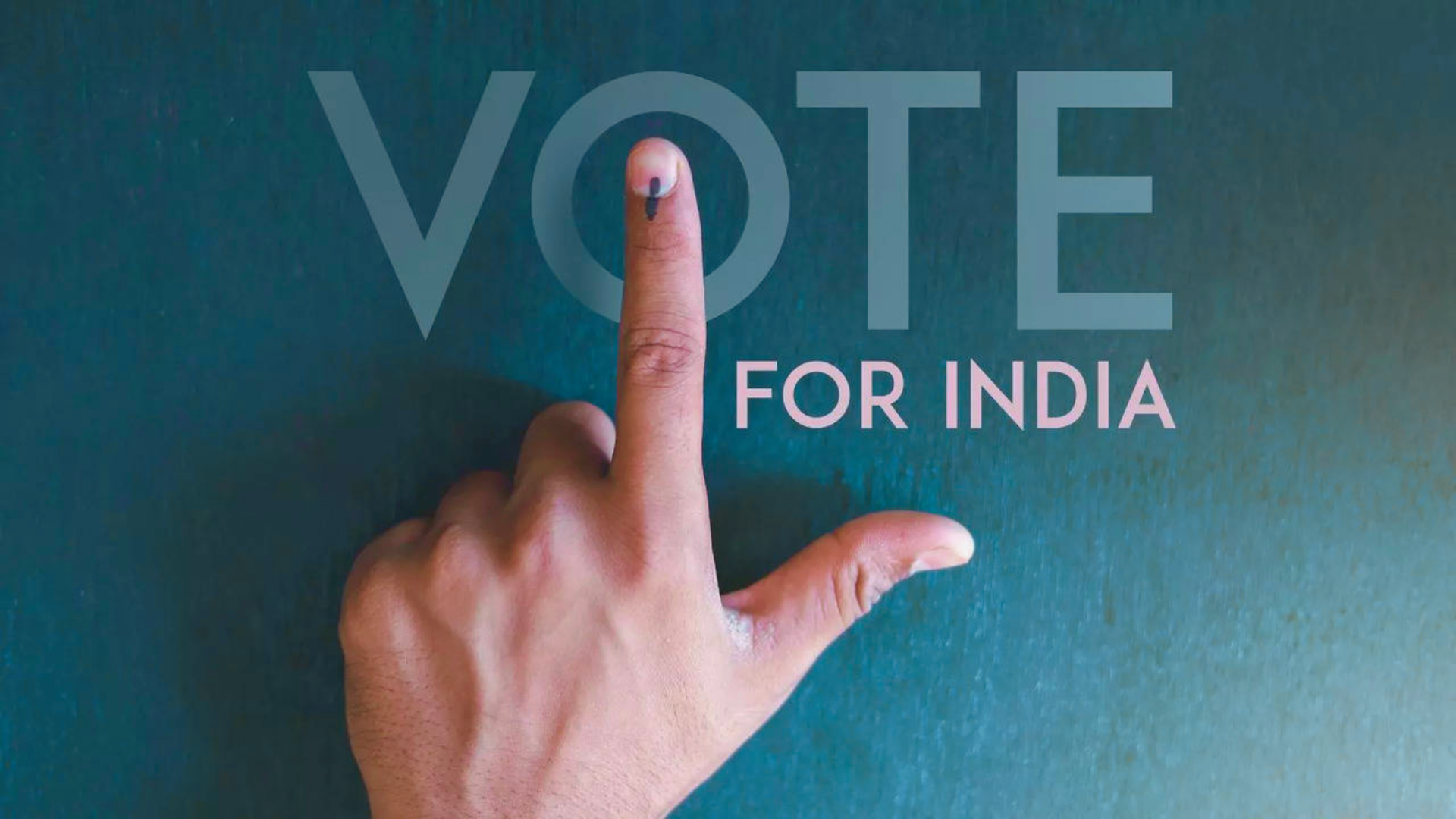
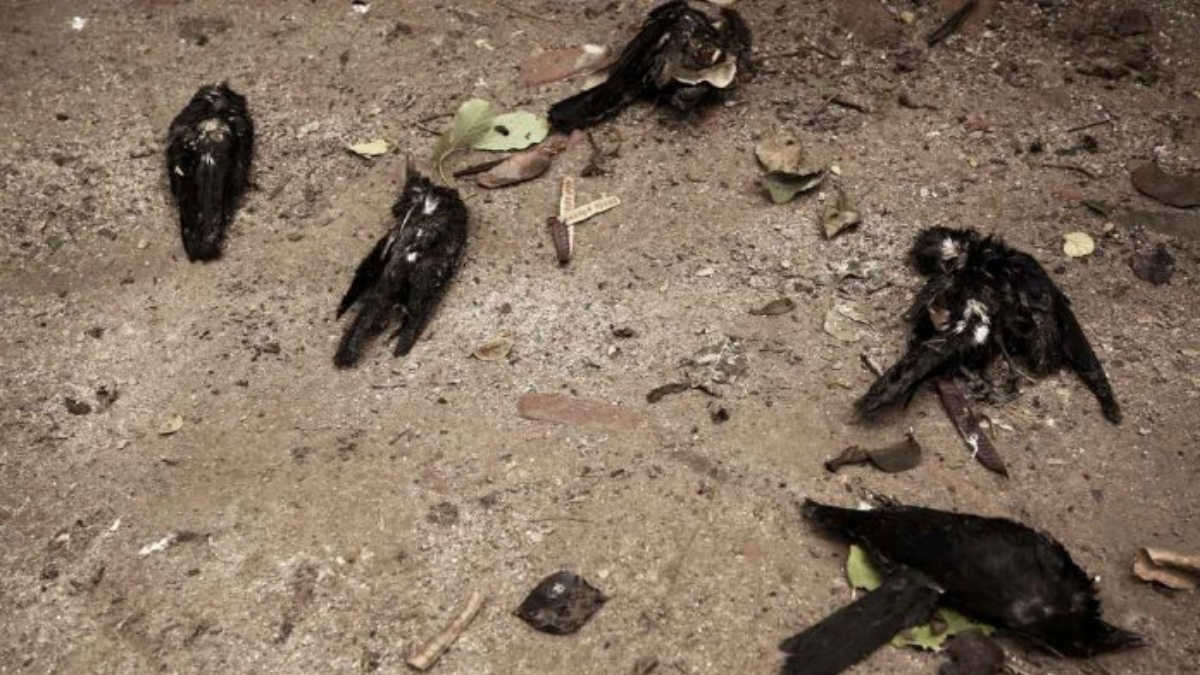
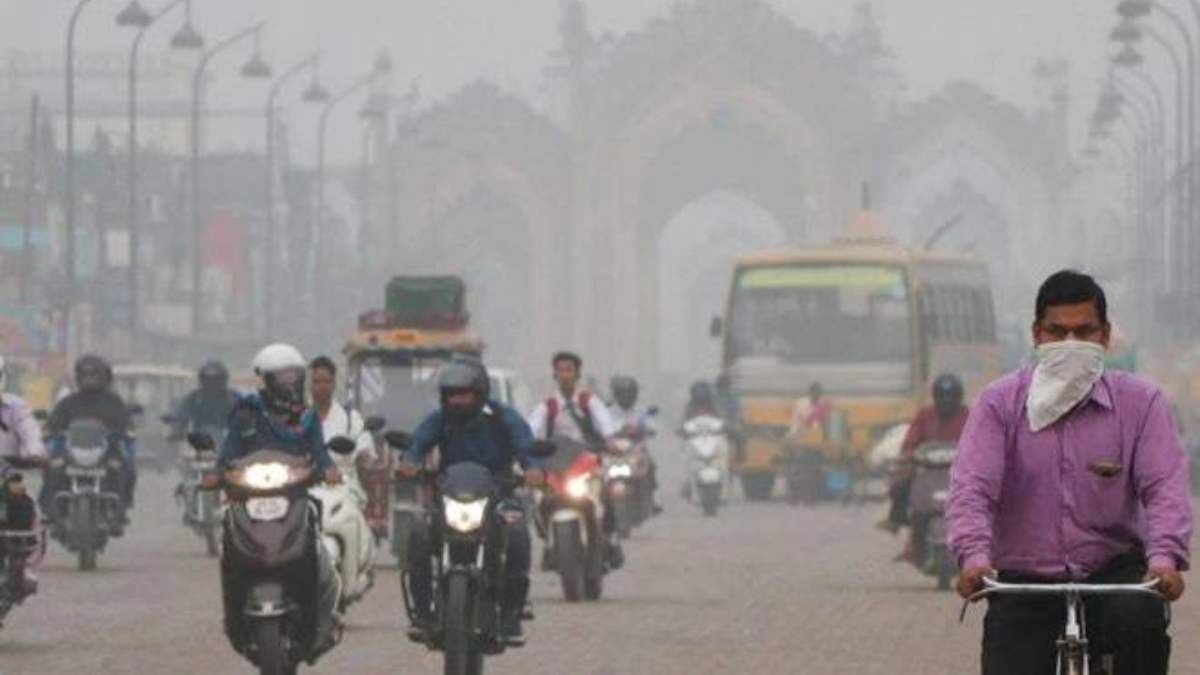
With the festive weekend around the corner, the Air Quality Index (AQI) in the national capital was in ‘very poor’ category, as per the data released by System of Air Quality and Weather Forecasting And Research (SAFAR), on Friday. According to SAFAR, the overall AQI in Delhi was at 326 today morning. As per Central Pollution Control Board (CPCB), the air quality was in ‘very poor’ category at Okhla Phase-2 area.
A young athlete living near Okhla said, “Being an athlete, it gets very difficult for me to practice my profession as continuous depletion of air quality hampers my respiratory system.” Meanwhile, the air quality near the Welcome Metro Station at Shahadara also entered the ‘very poor’ category.
On November 11, Union Environment Minister Prakash Javadekar expressed hope that the newly-constituted Commission for Air Quality would reduce pollution in Delhi.
Also Read: After display photo row, Twitter restores Amit Shah’s account citing ‘inadvertent error’
Javadekar further said, “I am hopeful that the Commission for Air Quality Management will reduce pollution further. We have also invested Rs 85,000 crore in implementing the BS-VI standard – with BS-VI engine and fuel, pollution can be reduced by 70 per cent. The number of trucks entering Delhi has also reduced by 50,000.”
High levels of air pollution, combined with COVID-19 will not only aggravate severe disease but can also lead to an increase in mortality, said All India Institute of Medical Sciences (AIIMS) Delhi, Director, Randeep Guleria on Wednesday.
Speaking to ANI, Guleria said increased air pollution, specially during winters, can help the virus in surviving longer, thereby affecting more people. He also added that both affect the lungs and blood vessels, thereby aggravating to the impact.
“If you have high levels of air pollution, especially during winter months, then due to pollution and inversion, pollutants stay at ground level for a longer period of time and the virus can also survive for a longer period and therefore can spread to others. Also, air pollution itself causes inflammation in the lungs, it causes inflammation in blood vessels, and this has been documented in a large number of studies. COVID-19 also affects lungs and blood vessels so a combination of air pollution and COVID-19 can cause more severe disease,” Guleria told ANI in an interview.
He further cited a study conducted during the SARS outbreak in China, to prove that increased air pollution affects the mortality rate in affected patients. “There was a study done in 2002-03, during the SARS outbreak in China, which showed that for every increase in PM 2.5 by 1 microgram/ per meter cube there was an increase in mortality due to SARS infection by about 8 per cent,” Guleria said.
He further cited two more studies, one conducted in northern Italy while the latter was done in the US, done during the recent COVID-19 pandemic to prove how harmful COVID-19 coupled with pollution can get. “A more recent study done in northern Italy during COVID-19 time, where they looked at different districts in northern Italy and compared the mortality with air pollution again showed that there was an increase in mortality in areas where pollution levels were high,” he said.
“Now there is another study, which is pre-print, done by Howard School of Public Health in the US. They have looked at different counties and tried to compare mortality because of COVID-19 and air pollution, and after doing corrections for other biases, which can be there, again the study shows that there can be an 8 per cent increase in COVID related mortality with every 1 microgram per meter cube increase in PM 2.5,” he added.
The AIIMS Director also urged people to celebrate a Green Diwali, without bursting any crackers this year. He said there is a “very high level of pollution in Indian-Gangetic belt especially in cities like Delhi” and also urged people to maintain all precautions including wearing masks, physical distancing and avoid crowds during the festive season.
Also Read: Rahul Gandhi like student eager to impress but lacks aptitude: Obama in memoir

